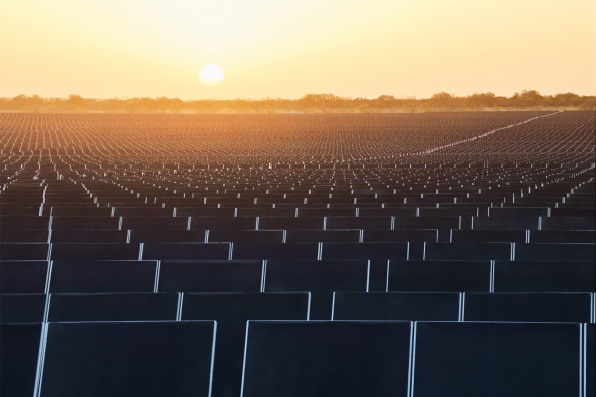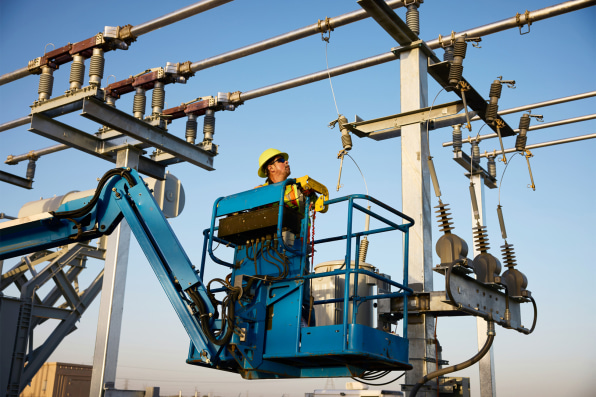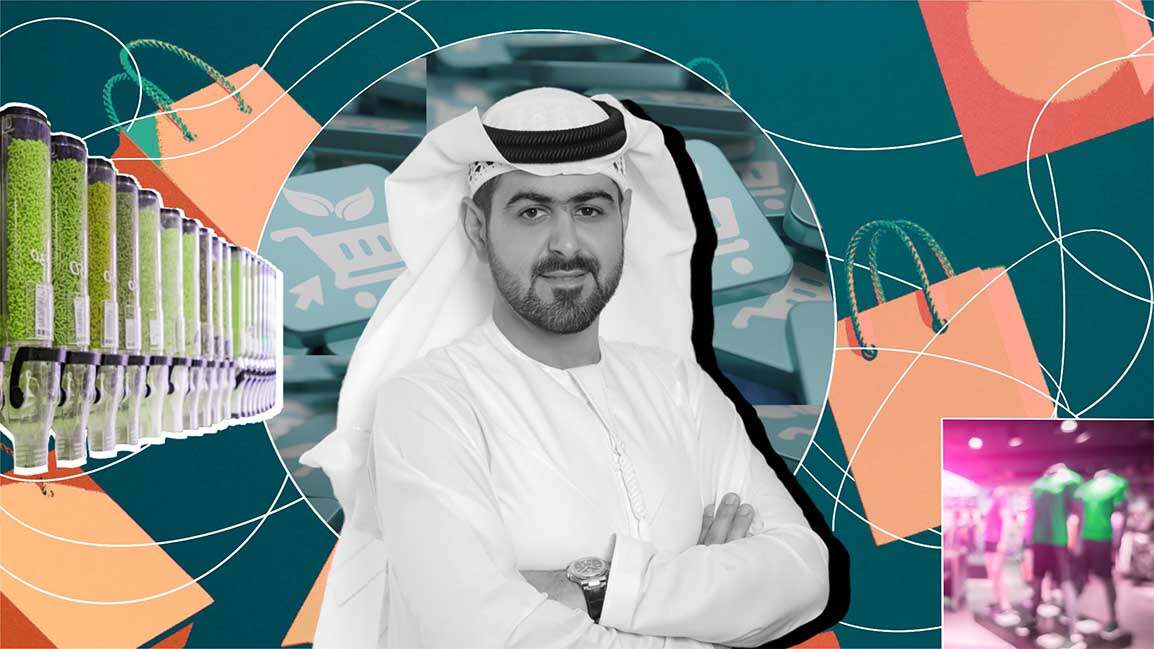- | 12:30 pm
Apple invested in this solar farm to help clean up your power use at home
Apple is one of the first companies to begin supporting renewable energy to cover what happens in customers’ homes.

Four years ago, Apple announced that all of its own buildings—from data centers to retail stores and offices—were powered with 100% clean energy. But the biggest part of the company’s carbon footprint comes from energy use outside of its direct control. The company has been working to help suppliers also shift to renewable energy. And in a new project, it invested in a solar farm in Texas that will help account for the energy used when customers plug in iPhones or MacBooks to charge.

[Photo: Apple]
The new solar farm, covering 2,300 acres in Brown County, Texas, will generate 300 megawatts of electricity after it’s completed later this year. It’s an early step to begin to address all of the energy used by customers’ products on electric grids around the world—many of which still rely on large percentages of fossil fuel-based power. Since the company can’t eliminate the need for customers to plug in, it’s looking to find a cleaner way for them to do so: It estimates that customer electricity use currently represents 22% of its total carbon footprint.

[Photo: Apple]
The work is one part of the company’s plans to become carbon neutral across its total footprint by 2030, shrinking emissions directly by 75% (compared to 2015 emissions) and then investing in carbon removal to cover the rest. Apple is working with suppliers to help them move to renewable energy, and 213 of the company’s major suppliers have now committed to shift to 100% renewable energy for Apple’s production; clean energy use in its supply chain doubled over the last year. While some other companies are beginning to also help suppliers transition—Ikea, for example, launched a new program last year to help its 1,600 suppliers move to renewable energy—Apple is one of the first to also begin supporting renewable energy to cover what happens in customer homes.


































